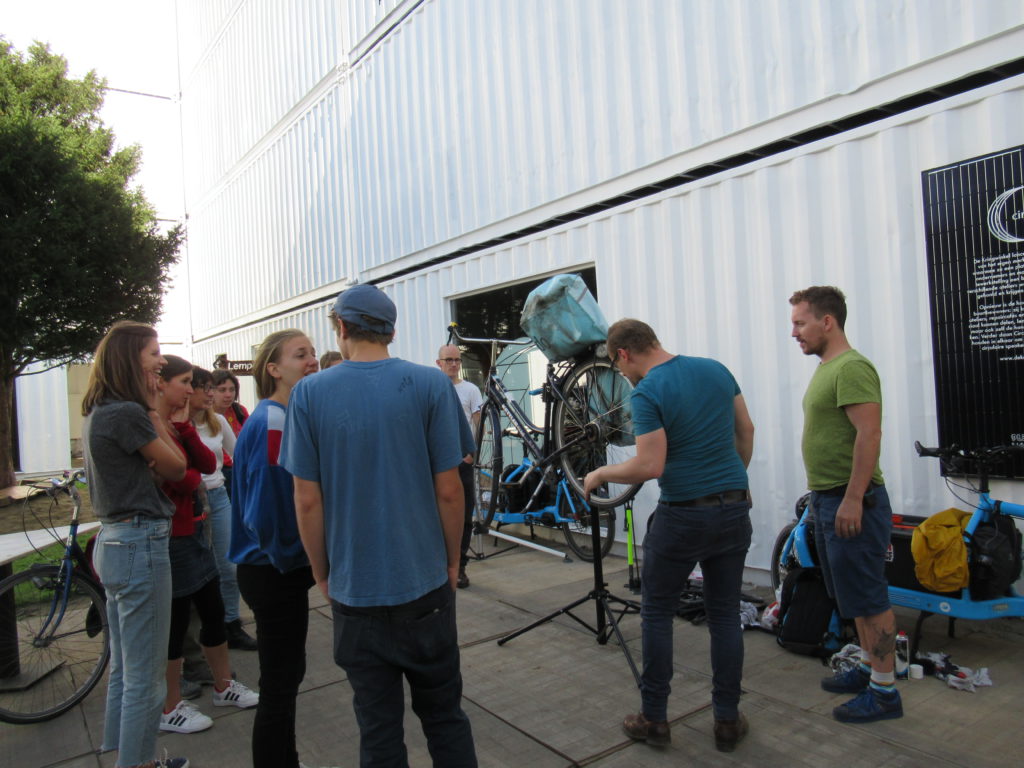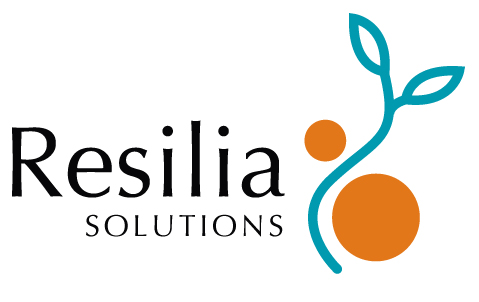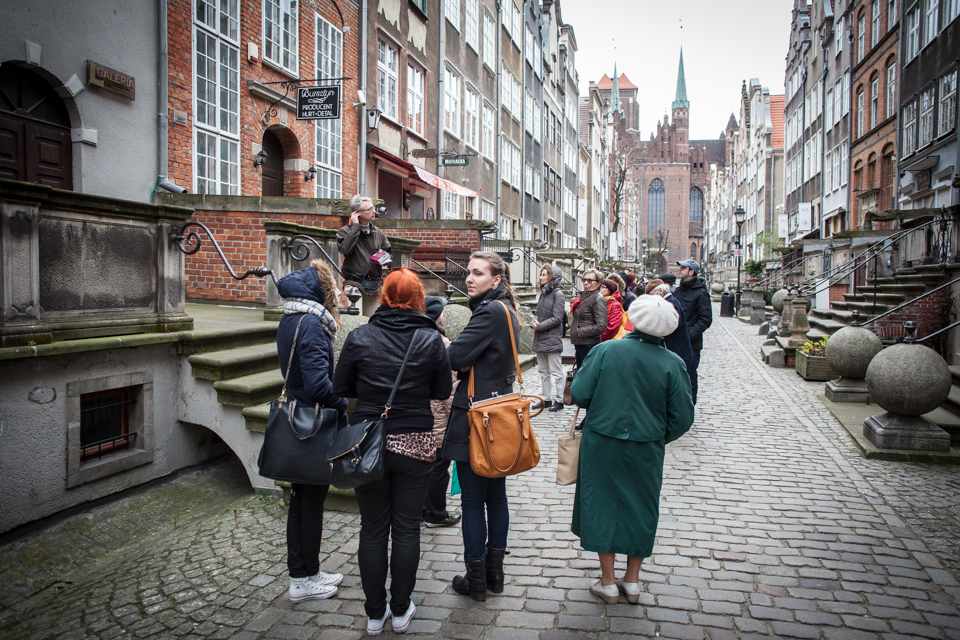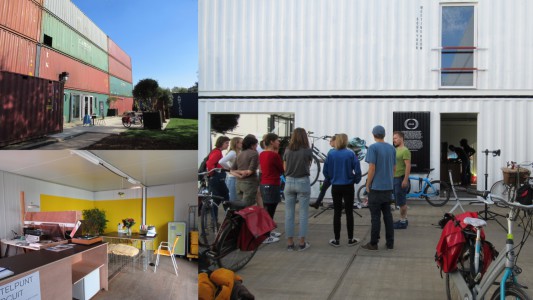
Who hasn’t tried to get rid of old habits, whether in relation to the way we eat, sleep, interact with each other, work, travel, or do sports? Who hasn’t ever faced the difficulty of moving away from anchored routines to newly adopted ones? Who has ever struggled to unravel the complexity of the psychological but also social, technological and infrastructure-related mechanisms that make it difficult to transition?
Continue reading

